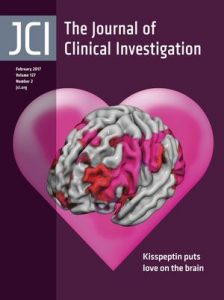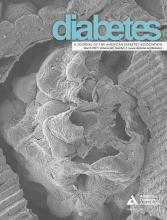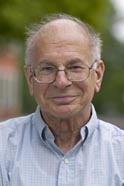 A brain journal has retracted four papers by a researcher due to image duplications that the university uncovered during an investigation into his work.
A brain journal has retracted four papers by a researcher due to image duplications that the university uncovered during an investigation into his work.
According to the retraction notice, Wayne State University found that Christian Kreipke had used several images in these articles “to represent different results in grant proposals and/or poster presentations,” and that the data were unreliable. Kreipke now has a total of five retractions, by our count.
As we’ve reported before, Wayne State and Kreipke have been engaged in conflict for several years. In 2012, Kreipke was dismissed from his assistant professor post at Wayne State after the university said it found evidence of research misconduct, according to Courthouse News. Kreipke fired back against the university, filing a whistleblower lawsuit. In it, Kreipke claimed that the institution was “involved in a conspiracy,” according to unsealed court documents, in which it had swindled the U.S. government out of millions in research funding.
A judge dismissed the case in 2014, but the conflict between Kreipke and Wayne State was not over. Continue reading Researcher who lost whistleblower lawsuit logs 4 more retractions






 A researcher in Switzerland has retracted her 2015 paper in the Journal of Cell Biology, saying the first author — her former postdoc — admitted to fabricating multiple aspects of the paper.
A researcher in Switzerland has retracted her 2015 paper in the Journal of Cell Biology, saying the first author — her former postdoc — admitted to fabricating multiple aspects of the paper.
